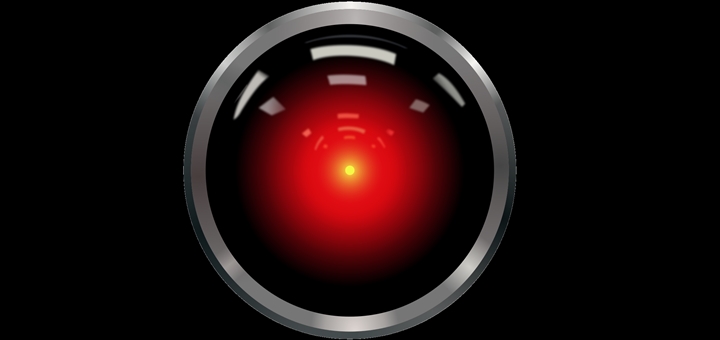Species can disappear from our society, culture and discourse at the same time, or even before, become biologically extinct due to various human actions.
In a study published in Trends in Ecology & Evolution, an international and interdisciplinary group of scientists found that whether a species becomes socially extinct depends on many factors. This includes its charisma, its symbolic or cultural value, whether and how long it has been extinct, and how far and isolated it is from humans.
Diogo Verissimo, a researcher in the Department of Zoology at the University of Oxford (United Kingdom) and co-author of the study, states that “the extinction of a society occurs not only in animals, but also in that of “human” living things.
When he explained, “Social extinctions occur not only in extinct species, but also in living species among us, often due to social or cultural changes, such as urbanization or the digitization of society, which can radically change our relationship with nature, and lead to collective memory loss. .
The example given by the researcher is the replacement of traditional herbal medicine with modern medicine in Europe. This is believed to have lowered the general knowledge of many medicinal plants, causing them to become socially extinct.
As more and more species are threatened or extinct, they are also becoming isolated from humans. This leads to the extinction of experience: the progressive loss of our everyday interactions with nature. Over time, this species can completely disappear from people’s memories.
For example, studies conducted between communities in southwest China and indigenous peoples in Bolivia have demonstrated a loss of local knowledge and memory about extinct bird species.
However, the opposite can also happen. “Species can also continue to be known collectively after they become extinct, or even become more popular,” explains Dr. Uri Roll, co-author and researcher at Ben-Gurion University of the Negev in Israel. However, our awareness and memories of these species gradually change and often become inaccurate, stylized or oversimplified, and separate from the actual species.”
For example, after Spix’s Macaw became extinct in the wild, children in local communities in its native area mistakenly believed that this species lived in Rio de Janeiro, because of its appearance in the animated film Rio.
“Most species cannot be socially extinct simply because they never had a social presence in the first place.” regret Dr. Ivan Jaric, lead author of the study and researcher at the Center for Biology of the Czech Academy of Sciences.
“This is common among uncharismatic, small, cryptic or inaccessible species, especially among invertebrates, plants, fungi and microorganisms, many of which have not been officially described by scientists or known to mankind. they remain silent and invisible to people and society.”
Meanwhile, Dr. Josh Firth, study co-author and researcher in the Department of Zoology at Oxford, emphasizes that “social extinctions can affect conservation efforts aimed at protecting biodiversity because they can lower our expectations of the environment and our perceptions of its natural state, such as what is standard or relative.” healthy.
Further investigation by the team will now assess how social extinctions can lead to misperceptions about the seriousness of threats to biodiversity and the true extent of extinctions, and reduce public support for conservation and restoration efforts, such as the reintroduction of the Eurasian beaver in the UK.
“Social extinction can reduce our desire to pursue ambitious conservation goals. For example, it could reduce public support for reviving efforts, especially if the species no longer exists in our memories as a natural part of the ecosystem.”Jaric concluded.
According to the criteria
Know more
RECOMMENDED VIDEOS
:quality(75)/cdn.jwplayer.com/v2/media/mlwk2YOx/poster.jpg)

“Entrepreneur. Internet fanatic. Certified zombie scholar. Friendly troublemaker. Bacon expert.”

:quality(75)/cloudfront-us-east-1.images.arcpublishing.com/elcomercio/CUFUWYZT2BFVXOHQEOHW6IMY7M.jpg)





